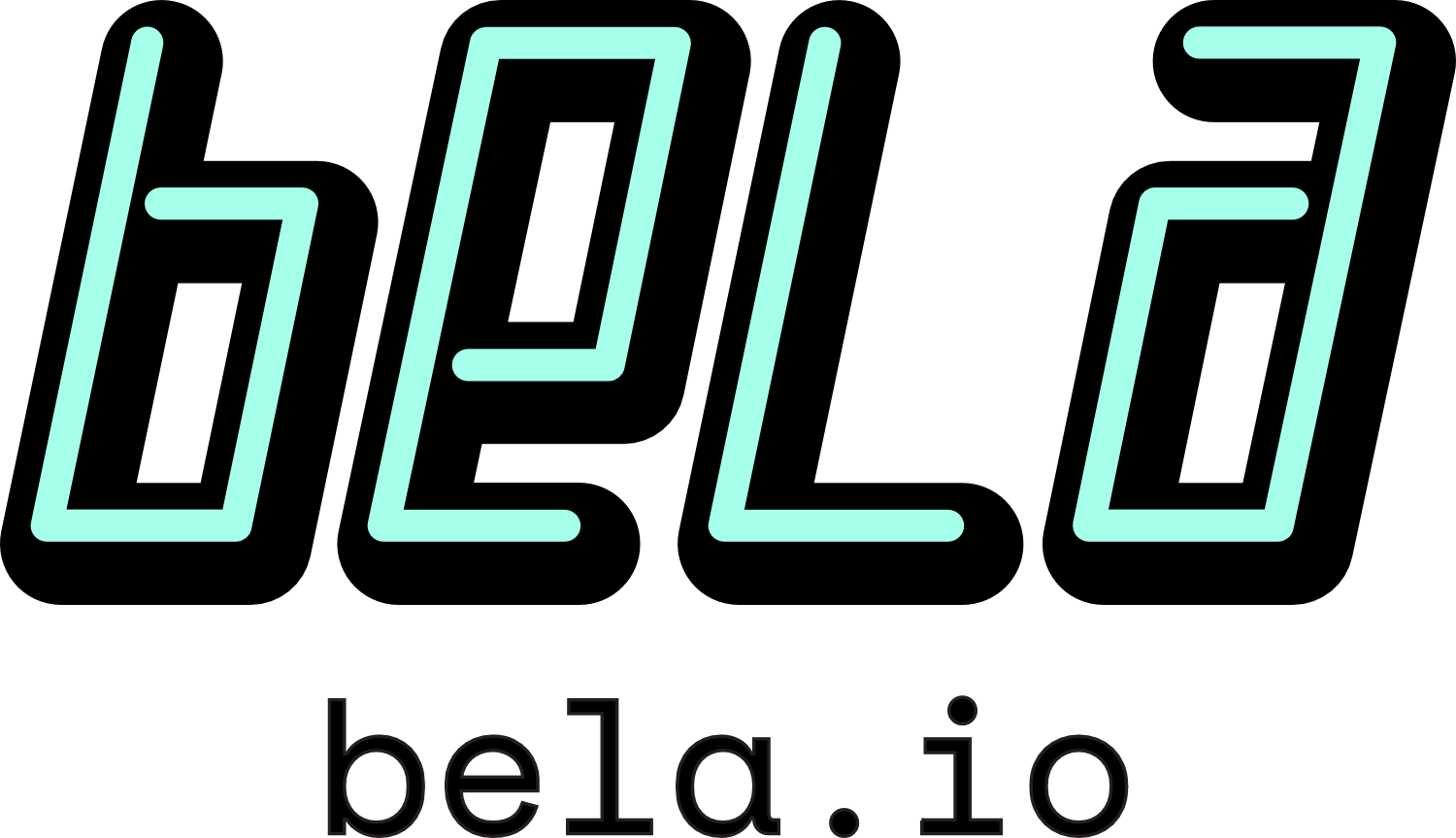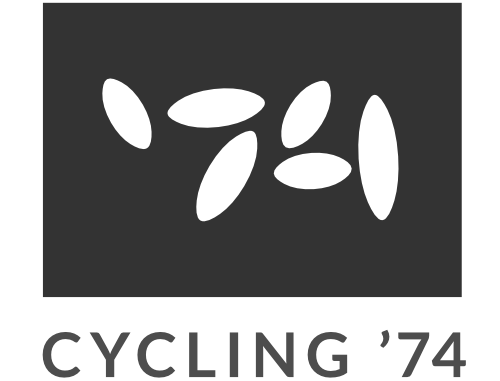Statements
Access to NIME 2020
We are doing all we can to ensure this year’s conference is accessible to everyone who wishes to take part. The FAQ below outlines some of the adjustments that are already in place, but if you have access requirements that are not covered here, please get in touch with the relevant chairs or with Lamberto Coccioli at Lamberto.Coccioli@bcu.ac.uk, we will do all we can to help.
Alternatively, you can send us your comments using the safe reporting form here:
https://nime2020.bcu.ac.uk/safe-reporting-form/
Will there be a BSL translator?
No, NIME is an international conference with participants from all over the world, and BSL would be useful only for British participants. We felt that captioning was a better solution for our international crowd.
Will papers and workshops be captioned?
Yes. All papers are pre-recorded, and will be captioned in advance. All live parts of the conference will be close captioned by professional captioners.
Will there be sufficient space between captioning and questions, for participants to finish following the proceedings and have time to formulate a question?
Q&A will be hybrid – questions will be formulated as text using sli.do, answers will be given live on video. Questions can be written before Q&A during each paper presentation, and there will be 5 minutes devoted to answers at the end of each presentation. After the presentation has ended the video will remain available on demand for the rest of the conference.
Will there be rest gaps between activities for those with fatigue conditions?
We have extended the duration of the conference to four days instead of three, and arranged all paper sessions to last for 75 minutes, followed by a long gap (at least one hour) before the start of the new session. Concerts take place in the evening after a long break. This should help with fatigue conditions, and Zoom fatigue too!
Will all text be accessible to screen readers, rather than being in .pdf/image format?
The only area of the conference where text may be in PDF format are the poster presentations. We encouraged authors to think creatively about their posters and develop webpages or alternative ways of presenting them. In any case, we will convert any PDF document that may still be submitted to text before the start of the conference.
Will the videos and text of papers be available after the conference for those who needed to take rest breaks (or those without sufficient internet speeds) and missed some aspects?
Yes, as soon as content has been delivered it will stay available on demand until a few days after the end of the conference. It will then be taken off, properly archived and made available again after a month or two on the NIME website.
Will reduced fee / free tickets be available to disabled researchers, artists and practitioners?
Yes. We offer sponsored free tickets to underrepresented groups and financial support to artists and people that are not affiliated with any organisation/institution.
Will there be breakout spaces for people to network and discuss papers and workshops?
Yes, we will provide breakout rooms for networking.
Will there be a safe reporting channel for disabled people to raise issues around ableism?
Participants will be able to leave comments and complaints anonymously, using the anonymous Google form here.
General Statements
The NIME Steering Committee has issued the following statements:
The NIME Conference Diversity Statement
The NIME Conference Code of Conduct
Ethical guidelines for NIME publications
NIME Conference Diversity Statement
Short version
Our goal is to create an inclusive and respectful conference environment that invites participation from people of all ethnicities, genders, ages, abilities, religions, and sexual orientations. The complete NIME Conference Diversity Statement can be found at: http://www.nime.org/diversity.
Long version
Our goal is to create an inclusive and respectful conference environment that invites participation from people of all ethnicities, countries of origin, gender identities and expressions, ages, abilities, religions, sexual orientations, physical appearances, body sizes, economic backgrounds, scholarly or professional backgrounds, employment, religions, and other differences.
The NIME Steering Committee, and the annual NIME organizers, are actively seeking to increase the diversity of our attendees, speakers, and sponsors through our calls for proposals, other open submission processes, and through dialogue with the larger communities we serve.
This is an ongoing process. We are talking to our program chairs, program committees, and various innovators, experts, and organizations about this goal and about ways they can help us achieve it.
In discussions, we can respect one another’s identities and experiences by:
- always waiting for a speaker to finish before you reply
- being sure to actively listen to others and not dominate discussion
- speaking from your own perspective and avoid making generalized claims of other identities
- acknowledging your own privileged position(s), and remaining open to receiving feedback that you may be unintentionally acting insensitively to others
We value diversity in the communities we bring together, and we welcome your contributions to bringing balanced representation of the richness of our collective human experience.
Here are some ways you can help us build a more diverse conference experience:
- Recommend diverse speakers and/or program committee members to the conference chairs (see program information)
- Forward our call for proposals to relevant affinity groups with the message that we are looking for a diverse speaker roster
- Circulate widely amongst colleagues including those from marginalized groups, and encourage students from underrepresented groups to participate
- Speak up when you see marginalization and intimidation, and offer feedback on NIME’s ongoing strategies for making the conference more welcoming and supportive
- Share your ideas and best practices for how we can realize our vision
NIME Conference Code of Conduct
Short version
NIME is dedicated to a harassment-free conference experience for everyone. Our code of conduct can be found at: http://www.nime.org/code-of-conduct.
Long version
NIME is dedicated to providing a harassment-free conference experience for everyone regardless of all ethnicities, countries of origin, gender identities and expressions, ages, abilities, religions, sexual orientations, physical appearances, body sizes, economic backgrounds, scholarly or professional backgrounds, employment, religions, and other differences.
We do not tolerate harassment of conference participants in any form. Harassment is unwelcome conduct that reinforces social structures of domination. This conduct encompasses a broad range of behaviours, and might take the form of verbal commentary (directly to, or about others), bullying, deliberate intimidation, sexually suggestive images, stalking, following, harassing photography or recording, sustained disruption of talks or other events, inappropriate physical contact, or unwelcome sexual attention.
By attending the NIME conference you are agreeing to this code of conduct at all conference venues and conference-related social events. The policy extends equally to exhibitors, vendors, and other attendees. Conference participants violating these rules may be sanctioned or expelled from the conference without a refund at the discretion of the conference organizers.
If you are being harassed, noticed that someone else is being harassed, or have any other concerns, please contact a member of the conference staff immediately. Conference staff will be happy to help participants contact venue security or local law enforcement, provide escorts, or otherwise assist those experiencing harassment to feel safe for the duration of the conference. We value your attendance.
Ethical guidelines for NIME publications
The publication of a paper in the Proceedings of the international conference on new interfaces for musical expression is an essential building block in the development of a coherent and respected network of knowledge. It is a direct reflection of the quality of the work of the authors and the institutions that support them. Peer-reviewed papers support and embody academic research methods. It is therefore important to agree upon standards of expected ethical behavior for all parties involved in the act of publishing: the authors, the editors, the peer reviewers, the publisher and the society.
Duties of authors
Reporting standards
Authors of papers of original research should present an accurate account of the work performed as well as an objective discussion of its significance. Underlying data should be represented accurately in the paper. A paper should contain sufficient detail and references to permit others to validate and/or replicate the work.
Fraudulent or knowingly inaccurate statements constitute unethical behavior and are unacceptable.
Review and professional publication papers should also be accurate and objective, and editorial opinion works should be clearly identified as such.
Data access and retention
Authors are encouraged to – and may be asked to – provide the raw data in connection with a paper for editorial review, and should be prepared to provide public access to such data, if practicable, and should in any event be prepared to retain such data for a reasonable time after publication.
Originality and plagiarism
The authors should ensure that they have written entirely original works, and if the authors have used the work and/or words of others that this has been appropriately cited or quoted. Plagiarism takes many forms, from passing of another paper as the authors own paper, to copying or paraphrasing substantial parts of another paper (without attribution), to claiming results from research conducted by others. Plagiarism in all its forms constitutes unethical publishing behavior and is unacceptable.
Multiple, redundant or concurrent publication
An author should not in general publish manuscripts describing essentially the same research in more than one publication. Submitting the same manuscript to more than one journal or conference proceedings concurrently constitutes unethical publishing behavior and is unacceptable.
Acknowledgement of sources
Proper acknowledgment of the work of others must always be given. Authors should cite publications that have been influential in determining the nature of the reported work. Information obtained privately, as in conversation, correspondence, or discussion with third parties, must not be used or reported without explicit, written permission from the source. Information obtained in the course of confidential services, such as refereeing manuscripts or grant applications, must not be used without the explicit written permission of the author of the work involved in these services.
Authorship of the paper
Authorship should be limited to those who have made a significant contribution to the conception, design, execution, or interpretation of the reported study. All those who have made significant contributions should be listed as co-authors. Where there are others who have participated in certain substantive aspects of the research project, they should be acknowledged or listed as contributors. The corresponding author should ensure that all appropriate co-authors and no inappropriate co-authors are included on the paper, and that all co-authors have seen and approved the final version of the paper and have agreed to its submission for publication (this practice is often referred to as the Vancouver guidelines).
Disclosure and conflicts of interest
All authors should disclose in their manuscript any financial or other substantive conflict of interest that might be construed to influence the results or interpretation of their manuscript. All sources of financial support for the project should be disclosed. Examples of potential conflicts of interest which should be disclosed include employment, consultancies, stock ownership, honoraria, paid expert testimony, patent applications/registrations, and grants or other funding. Potential conflicts of interest should be disclosed at the earliest stage possible.
Fundamental errors in published works
When an author discovers a significant error or inaccuracy in his/her own published work, it is the authors’ obligation to promptly notify the main editor or publisher and cooperate with the main editor to retract or correct the paper. If the editor or the publisher learns from a third party that a published work contains a significant error, it is the obligation of the author to promptly retract or correct the paper or provide evidence to the main editor of the correctness of the original paper.
Duties of the Paper Chair(s) and Reviewers
Publication decisions
The paper chair(s) of each year’s NIME conference is responsible for deciding which of the papers submitted to the conference proceedings should be published. The validation of the work in question and its importance to researchers and readers must always drive such decisions. The main editor may be guided by legal requirements as shall then be in force regarding libel, copyright infringement and plagiarism. The main editor may confer with others in making this decision.
Fair play
The paper chair(s) should evaluate manuscripts for their intellectual content without regard to race, gender, sexual orientation, religious belief, ethnic origin, citizenship, or political philosophy of the authors. See also the NIME Conference Diversity Statement.
Confidentiality
The paper chair(s) must not disclose any information about a submitted manuscript to anyone other than the corresponding author, reviewers, and potential reviewers, as appropriate.
Disclosure and conflicts of interest
Unpublished materials disclosed in a submitted manuscript must not be used in a chair’s/reviewer’s own research without the express written consent of the author. Privileged information or ideas obtained through peer review must be kept confidential and not used for personal advantage. Reviewers should recuse themselves from considering manuscripts in which they have conflicts of interest resulting from competitive, collaborative, or other relationships or connections with any of the authors, companies, or (possibly) institutions connected to the papers. Reviewers should require all contributors to disclose relevant competing interests and publish corrections if competing interests are revealed after publication. If needed, other appropriate action should be taken, such as the publication of a retraction or expression of concern.
Involvement and cooperation in investigations
The paper chair(s) should take reasonably responsive measures when ethical complaints have been presented concerning a submitted manuscript or published paper. Such measures will generally include contacting the author of the manuscript or paper and giving due consideration of the respective complaint or claims made, but may also include further communications to the relevant institutions and research bodies, and if the complaint is upheld, the publication of a correction, retraction, expression of concern, or other note, as may be relevant. Every reported act of unethical publishing behavior must be looked into, even if it is discovered years after publication.
These guidelines were made by the NIME Steering Committee and are based on principles the COPE Code of Conduct and Best Practice Guidelines for Journal Editors and the Code of Conduct for Journal Publishers.





